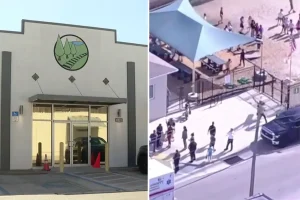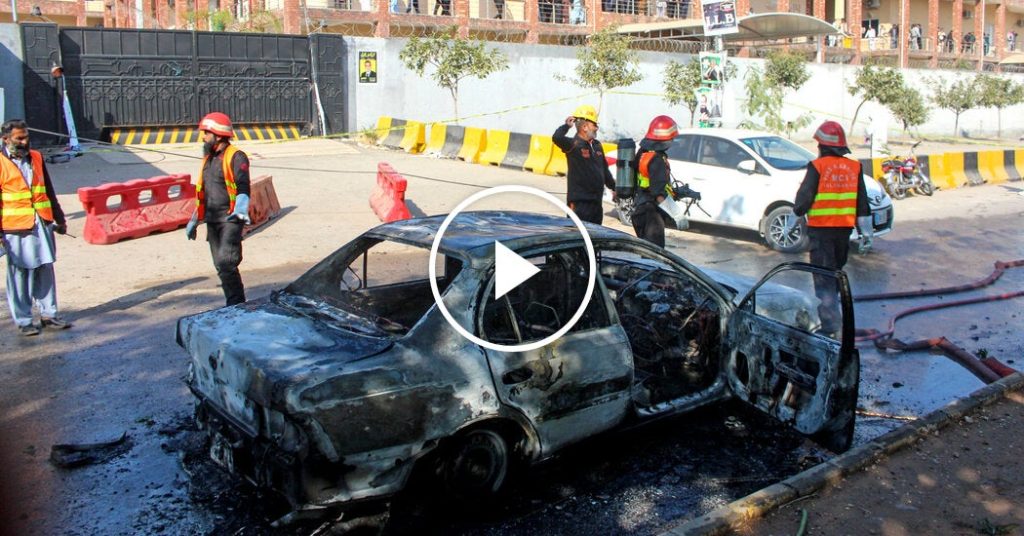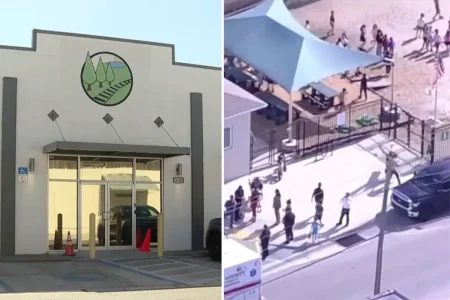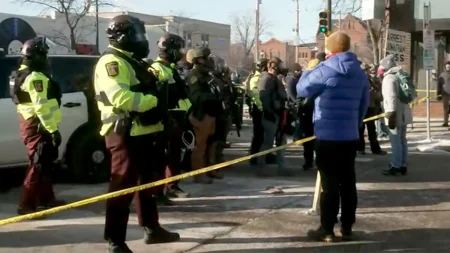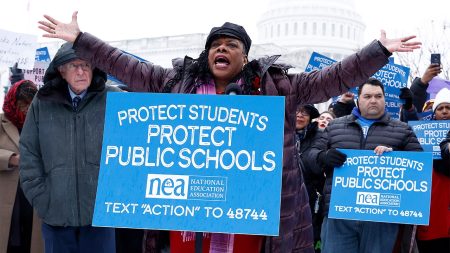Deadly Blast Outside Pakistan Courthouse Claims At Least 12 Lives
Terror Attack Rocks Pakistan’s Capital as Suicide Bomber Targets Judicial Facility
In a devastating act of violence that has sent shockwaves through Pakistan’s capital, at least 12 people were killed when a suicide bomber detonated explosives outside a courthouse on Tuesday. The attack, which occurred when the assailant failed to gain entry to the judicial building, marks one of the deadliest incidents in the capital in recent months and highlights the ongoing security challenges facing the South Asian nation.
According to Pakistan’s Interior Minister, the bomber attempted to enter the courthouse but was prevented by security personnel at the entrance checkpoint. Thwarted in his attempt to penetrate deeper into the facility, the attacker detonated the explosive device at the perimeter, causing widespread destruction and casualties. “The security protocols prevented what could have been an even more catastrophic incident inside the courthouse,” the Interior Minister stated during an emergency press briefing following the attack. “Nevertheless, this cowardly act has claimed innocent lives and injured many others who were simply going about their daily business.”
Eyewitnesses described scenes of chaos and panic in the immediate aftermath of the explosion. “There was a deafening sound, and then smoke everywhere,” recounted Mohammad Khalid, who operates a small shop across from the courthouse. “People were running in all directions, and I saw several bodies on the ground.” Emergency responders rushed to the scene within minutes, establishing a perimeter around the blast site while medical teams triaged the wounded. Hospital sources confirmed that alongside the 12 fatalities, more than 30 people sustained injuries of varying severity, with several victims remaining in critical condition. Medical facilities across the capital issued urgent appeals for blood donations as they struggled to treat the influx of wounded.
Security Forces Launch Investigation as Nation Mourns
Security forces immediately cordoned off the area surrounding the courthouse, with specialized bomb disposal units and forensic teams combing through the debris to gather evidence. The charred remains of a vehicle, believed to have been carrying the explosives, became the focal point of the investigation. Law enforcement officials were observed meticulously documenting the scene while emergency workers in bright orange and neon green vests worked to clear the area of dangerous materials. Dozens of onlookers gathered on nearby balconies, watching in somber silence as the recovery operations unfolded below.
Pakistan’s Prime Minister convened an emergency security meeting following the attack and issued a statement condemning the bombing in the strongest terms. “This heinous act against civilians and our justice system will not go unpunished,” the Prime Minister declared. “We will not rest until those responsible are brought to justice.” The country’s military leadership echoed these sentiments, vowing to intensify counter-terrorism operations nationwide. While no group immediately claimed responsibility for the attack, authorities indicated they were investigating several militant organizations known to operate in the region. Pakistan has long grappled with insurgent and extremist groups, some of which have specifically targeted government institutions and law enforcement facilities.
Attack Highlights Persistent Security Challenges in the Region
This attack comes at a particularly sensitive time for Pakistan, which has been working to project stability and security to attract foreign investment and diplomatic engagement. The targeting of a courthouse—a symbol of the rule of law and governmental authority—appears calculated to undermine public confidence in state institutions. Security analysts point to a troubling pattern of attacks against judicial facilities and legal professionals in recent years, with extremist groups often viewing the legal system as a threat to their influence.
“Attacks on judicial facilities serve multiple purposes for terrorist organizations,” explained Dr. Ayesha Khan, a security analyst specializing in South Asian terrorism trends. “They disrupt the administration of justice, intimidate legal professionals handling terrorism cases, and generate significant media attention due to the symbolic value of the target.” The bombing has already prompted authorities to enhance security measures at courthouses, government buildings, and public spaces throughout the country. Checkpoints have been reinforced with additional personnel, and visitors to government facilities now face more rigorous screening procedures.
International Community Responds as Pakistan Faces Critical Security Decisions
The international community was quick to condemn the attack, with neighboring countries and global powers extending condolences and offers of support. The United Nations Secretary-General issued a statement expressing “profound sadness at the loss of life” and reaffirming the UN’s solidarity with Pakistan in combating terrorism. Regional security experts note that the bombing could potentially impact ongoing diplomatic initiatives in the region, particularly those involving cross-border cooperation on security matters.
For ordinary Pakistanis, the bombing represents yet another painful reminder of the persistent threat of terrorism that has plagued the country for decades. “We had been experiencing a period of relative calm,” said Fatima Hussain, a university student in the capital. “This attack brings back the fear we had started to forget.” Public gatherings to honor the victims have been organized in major cities, with candlelight vigils scheduled for the coming days. Religious leaders across faiths have condemned the violence and called for national unity in the face of extremism.
The Path Forward: Security, Justice, and Resilience
As Pakistan grapples with the immediate aftermath of this tragedy, difficult questions loom about long-term security strategies and counter-terrorism approaches. The government faces mounting pressure to demonstrate that it can effectively protect citizens and critical institutions from such attacks. Security experts emphasize that comprehensive solutions must address not only the symptoms but also the root causes of extremism, including political marginalization, economic inequality, and ideological radicalization.
“This is a critical moment for Pakistan’s security apparatus,” noted former military strategist General (Ret.) Hassan Mehmood. “The response must be measured yet decisive, avoiding heavy-handed approaches that could further alienate communities while ensuring that perpetrators face justice.” For the families of victims, however, the focus remains on their immediate grief and the search for answers. As emergency workers continue recovery operations and investigators piece together the events that led to the bombing, the nation stands at a crossroads—mourning its dead while determining how best to prevent such tragedies in the future. In the coming days, as funerals are held and the wounded continue their recovery, Pakistan’s resilience will once again be tested in the face of violence that seeks to undermine its stability and progress.


